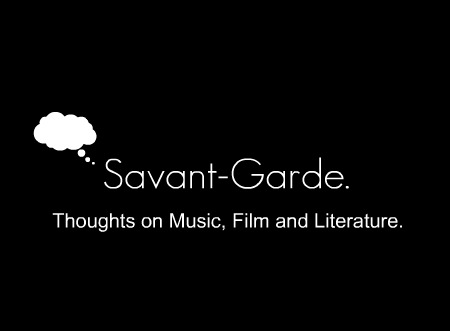Poetry (2010)
Country : South Korea
Director : Lee Chang-dong
Poetry ends much the same as it begins. The sound of trickling water running down from a river, giving us a portending cathartic cleansing, in preparation for the image of tragedy which lies only moments away. This opening scene pans out over the river following the flow until our eyes are met with a female body, floating face down upon the river and the title 'Poetry' is unveiled with striking effect. This idea and impression of poetry being born from tragedy is one of the intrinsic messages that is naturally embedded in the understated drama. We follow the central character (Mija) through all of the distressing events in her life as she battles with her recently diagnosed Alzheimer's disease, her Grandson's problems with the law and the paralyzed old man that she works for. With these elements of her life playing a great importance in the flowering of her story, it would be all too easy for this to become a depressing tale, one that encourages at every turn for the audience to feel something, to shed a tear for the horrible life that is facing her. To the films highest credit, it never becomes one of those tragic stories about a sick women getting worse, instead we are lead on an altogether more complex emotional journey, that meanders and provokes the viewer to engage fully with the feelings of the protagonist. Her passion for poetry is something that is a continued form of escapism as she searches for poetic inspiration, so that she may complete her first poem. During this process she learns that it is not always the beautiful that is poetic, that it is a far more honest and simple outlook which produces poetic expression.
Above all this film could be seen as an attack at the male dominated Korean society, as we are exposed to the pressures and intimidation that she endures from all of the male influences in her life. She sacrifices pride and honor for these men and ultimately we see the life fading from her eyes as the film progresses. The camera often looks on at Mija as she examines nature in its purest forms, allowing the viewer to fully interpret the subtle emotions of the character, aided perfectly by the superb acting of Jeong-hie Yun.
At well over 2 hours long, this great cinematic achievement never feels like it is wasting time, flowing elegantly from scene to scene with expert pace. This film is fascinating, heart-rendering, comical and occasionally breathtaking. It's an emotional experience that really shouldn't be missed.


No comments:
Post a Comment